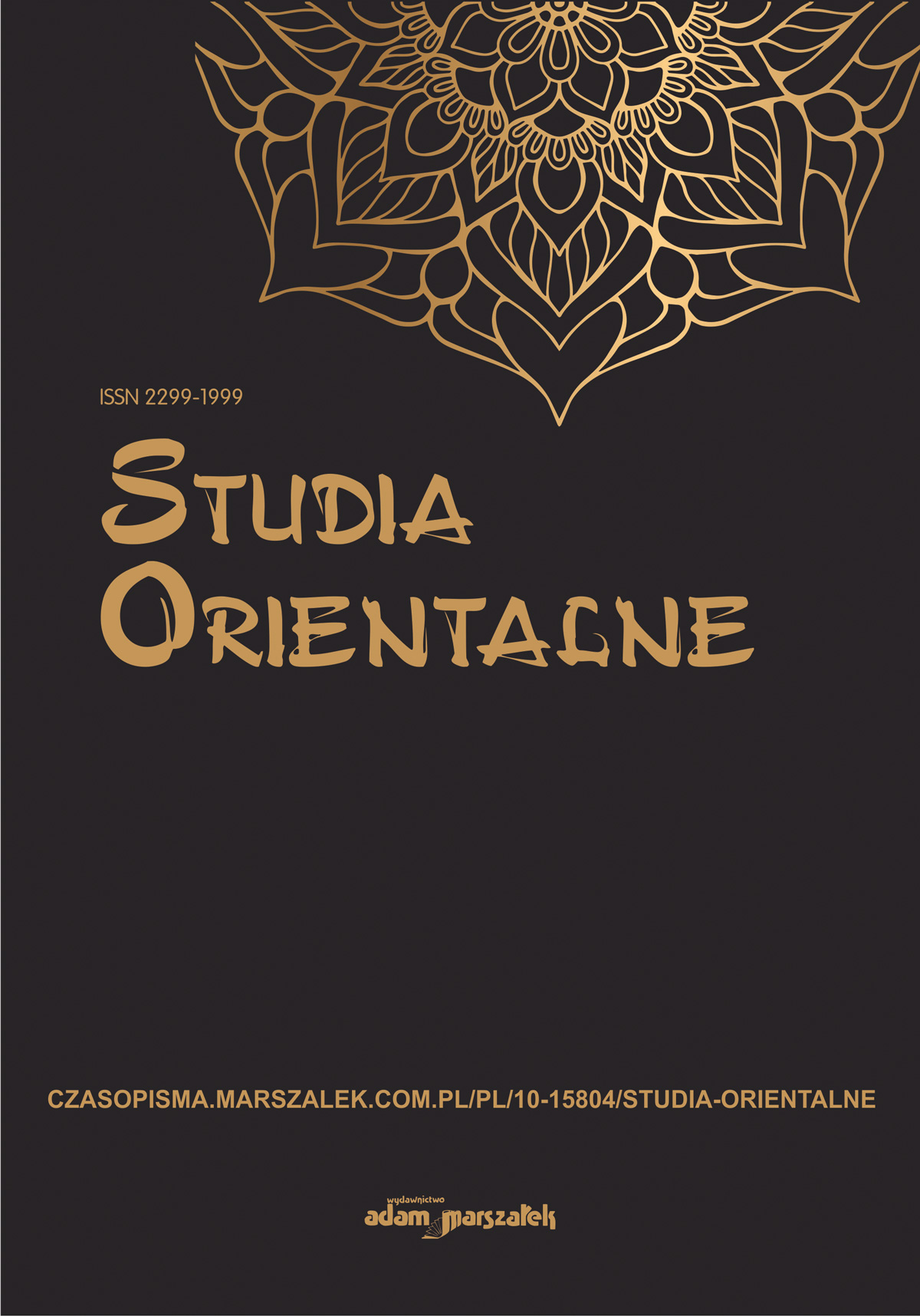Флоркросинг: особливості партійних перестрибувань в Україні
Floor-crossing: peculiar features of party switching in Ukraine
Author(s): Maria RozikSubject(s): Governance, Developing nations, Crowd Psychology: Mass phenomena and political interactions, Politics and Identity
Published by: Wydawnictwo Adam Marszałek
Keywords: Ukraine; floor-crossing; party switching; parliamentary faction; coalition; party affiliation; party-switchers;
Summary/Abstract: The paper considers the meaning of the term “floor-crossing”, its basic kinds, legislative regulation and features of party switching in Ukraine since its independence. It has been found out that crossing the floor, change of political orientations and, as a consequence, adjustment of pre-election promises, the reality the Ukrainian politician face. Floor crossing in the Ukrainian Parliament has become a phenomenon that altered coalitions, generated opportunism and political corruption. It has been established that in modern practice there are two possible ways of influencing the process of inter-party switching: a legislative ban or a purely formal condemnation of the deputy’s/party’s actions on the part of the electorate and party members. To reduce the number of switching between factions, Ukraine has a so-called imperative mandate (a special version of it). It applies only to the deputies who are elected from the lists of political parties. Consequently, the problem lies in the partial legislative regulation of the problem of “floor-crossing”, which should be enshrined in new regulations /normative acts/. This acquires particular significance in the context of Russian military aggression and possible subversive activity of pro-Russian politicians, whose activities should be ruled out by such legislative acts. Any attempts to discredit the country on the part of deputies, making advances to the aggressor, should have legal consequences and the possibility for the electorate to influence the politician being elected. It has been found that frequent party switching discredits electoral and parliamentary system and shows flaws in the selection of personalities and why they go into politics; in addition, it can also indicate the strength or weakness of political parties. It has been proven that excessive and nontransparent motivated floor-crossing of deputies is becoming rarer with each new convocation, indicating a positive trend in the qualitative selection of candidates for deputies among party members. The final consolidation of the proportional system with open lists in the Electoral Code and the legislative regulation of inter-party/inter-factional switching should be the basis of qualitative deputy composition and commitment to declared political ideas.
Journal: Studia Orientalne
- Issue Year: 24/2022
- Issue No: 4
- Page Range: 56-70
- Page Count: 15
- Language: Ukrainian

